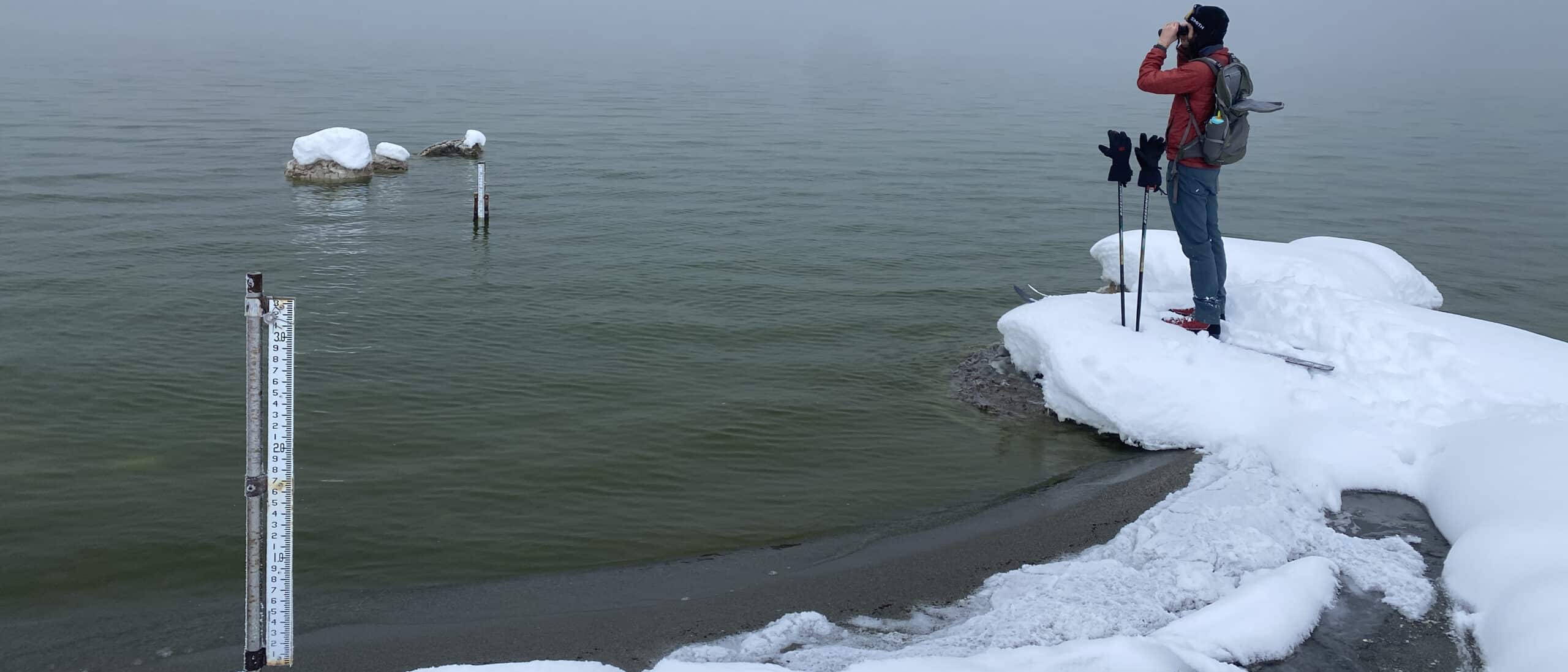
Yesterday’s Los Angeles Times article, “LA’s new water war: Keeping supply from Mono Lake flowing as critics want it cut off,” on the State Water Board’s Mono Lake workshop left readers and workshop attendees, well … wondering.
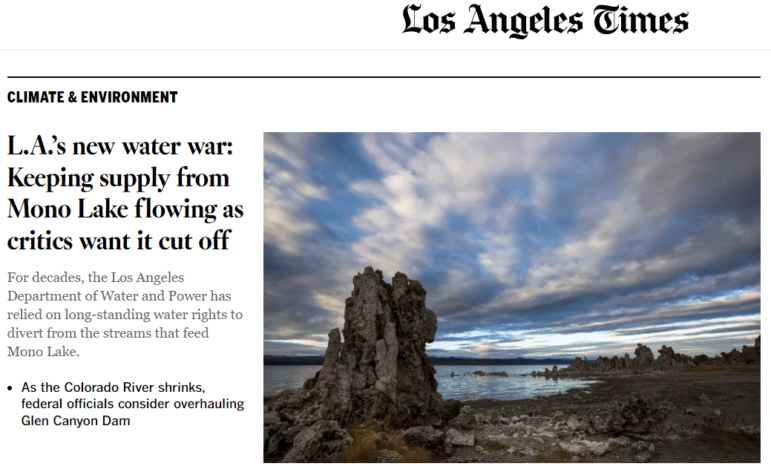
Print space and attention spans are always tight, but the article missed information key to understanding the issue at Mono Lake, the diversity of voices calling Mono Lake protection, and the water supply solutions that are right at hand for Los Angeles.
Workshop drew many voices
The State Water Board’s five-hour workshop was attended by 365 people, and 49 of the 53 public commenters spoke in support of raising Mono Lake. At the time the workshop started the Board had already received more than 800 comment letters in support of suspending water diversions until the lake rises enough to protect wildlife and the ecosystem—as already required by the Board—and to quickly schedule a hearing to implement long-term stream diversion changes to ensure Mono Lake can rise to the healthy level mandated by the Board in 1994.
The California Department of Fish & Wildlife (DFW)—the state agency responsible for managing Mono Lake’s gull population and ecosystem—made a key presentation missed by the LA Times. DFW laid out the predator peril facing California Gulls, the hydrologic analysis showing the benefit of immediate stream diversion suspension, and specifically requested the Board move forward this year to suspend diversions until the lake rises to a healthy level.
The article also missed mention of the inspiring lineup of LA community leaders who spoke—including Elsa Lopez, whose group Mothers of East Los Angeles – Santa Isabel conducted some of the first direct-install conservation programs in the 1980s. Andy Lipkis, founder of TreePeople, reminded the Board of the proven and untapped water conservation potential in Southern California.
LA community members made eloquent calls for the Los Angeles Department of Water & Power (DWP) to meet its commitments, comply with existing requirements, and do the right thing for Mono Lake and Los Angeles. Community groups, including Communities for a Better Environment, East Yard Communities for Environmental Justice, and Los Angeles Waterkeeper spoke passionately about Mono Lake’s importance to the people of Los Angeles and the need for DWP to listen to residents.
Representatives from statewide and national groups, including the Audubon Society, California Hispanic Chambers of Commerce, California Coastkeeper Alliance, and American Muslims for Sustainability voiced their support of Mono Lake as well.
Expert scientists and representatives from Mono Lake, the Western Hemisphere Shorebird Reserve Network, Great Salt Lake, and Mar Chiquita in Argentina also spoke on behalf of this critical bird habitat along the Pacific Flyway.
Replacement water is essential to the story
Committee Executive Director Geoff McQuilkin said at the workshop, “We are confident that Los Angeles can offset additional water the Board requires to flow to Mono Lake with sustainable local sources.” DWP is ignoring such solutions, and the LA Times story missed this bigger picture.
Los Angeles leaders have already made significant commitments to rapidly implementing environmentally responsible local supply projects such as stormwater capture, turf replacement, conservation, and water recycling. Mono Lake has only Mono Basin precipitation for supply.
In the past, tens of millions of dollars of state and federal funding have gone to DWP for this purpose. Over the past year, the Committee has repeatedly asked DWP to work together with us again to secure more local supply funding for Los Angeles. So far, DWP has refused. One great potential project inspired by past successes are direct-install water conservation programs focused on low-income communities, where water savings and monthly bill savings are joint benefits.
This is the opportunity
The LA Times article concludes with a wise quote from former State Water Board member Felicia Marcus, which sums it up well: “The scale of the water involved compared with the scale of the fight over it seems a mismatch,” she said. “But there are not many big water users who have given up water for the environment.”
“This may be an opportunity,” she added, “for Los Angeles to take credit for such a decision.”
We agree. And with leading Los Angeles community groups, water policy thinkers, and state agencies joining the Committee and Mono Lake Kootzaduka’a Tribe in calling for Mono Lake protection, the scale of the fight DWP is attempting to drag the city into is even bigger than the LA Times reports. Given the small amount of water at stake, the water solutions at hand, and the long-term benefit for Los Angeles and Mono Lake, why would DWP not want to do the right thing?
Learn more
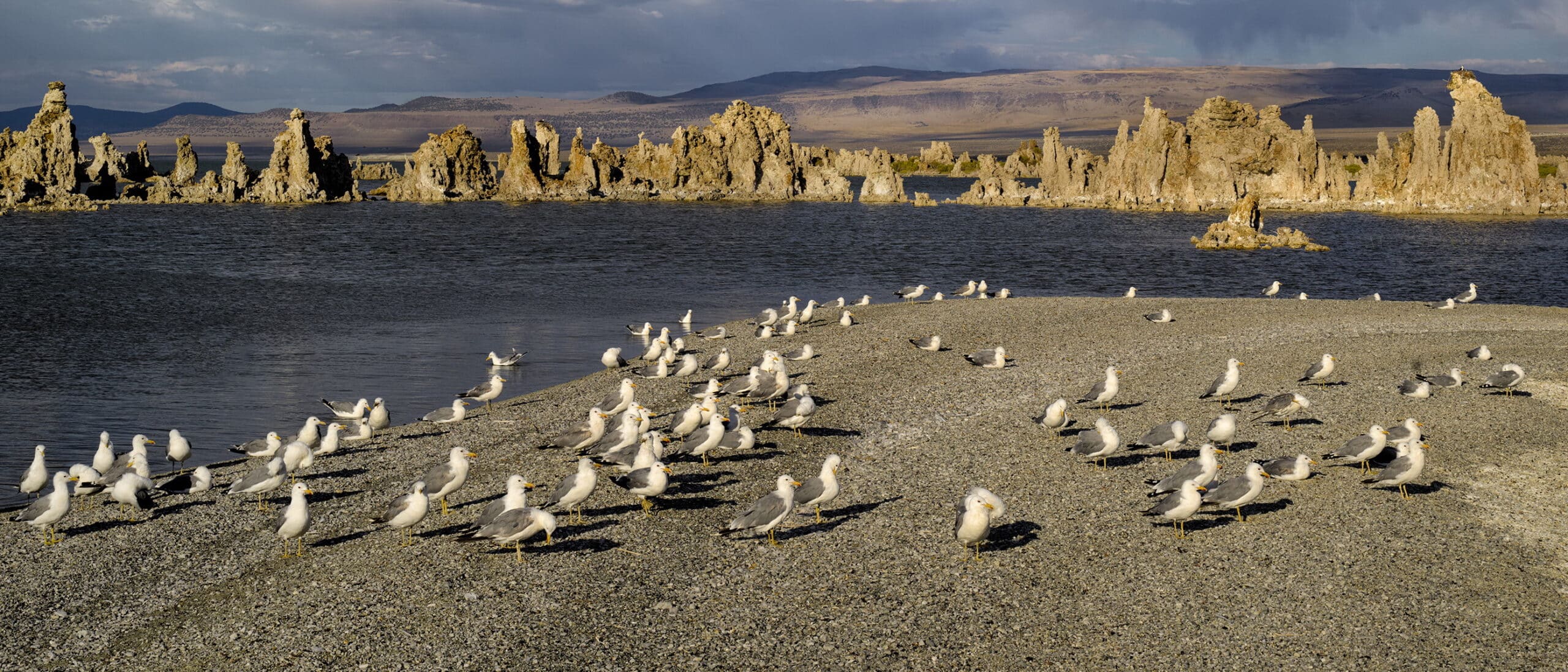
Committee’s presentation at the State Water Board’s Mono Lake virtual public workshop
Geoff, Executive DirectorNote: This post is the transcript of the Mono Lake Committee’s presentation for the State…
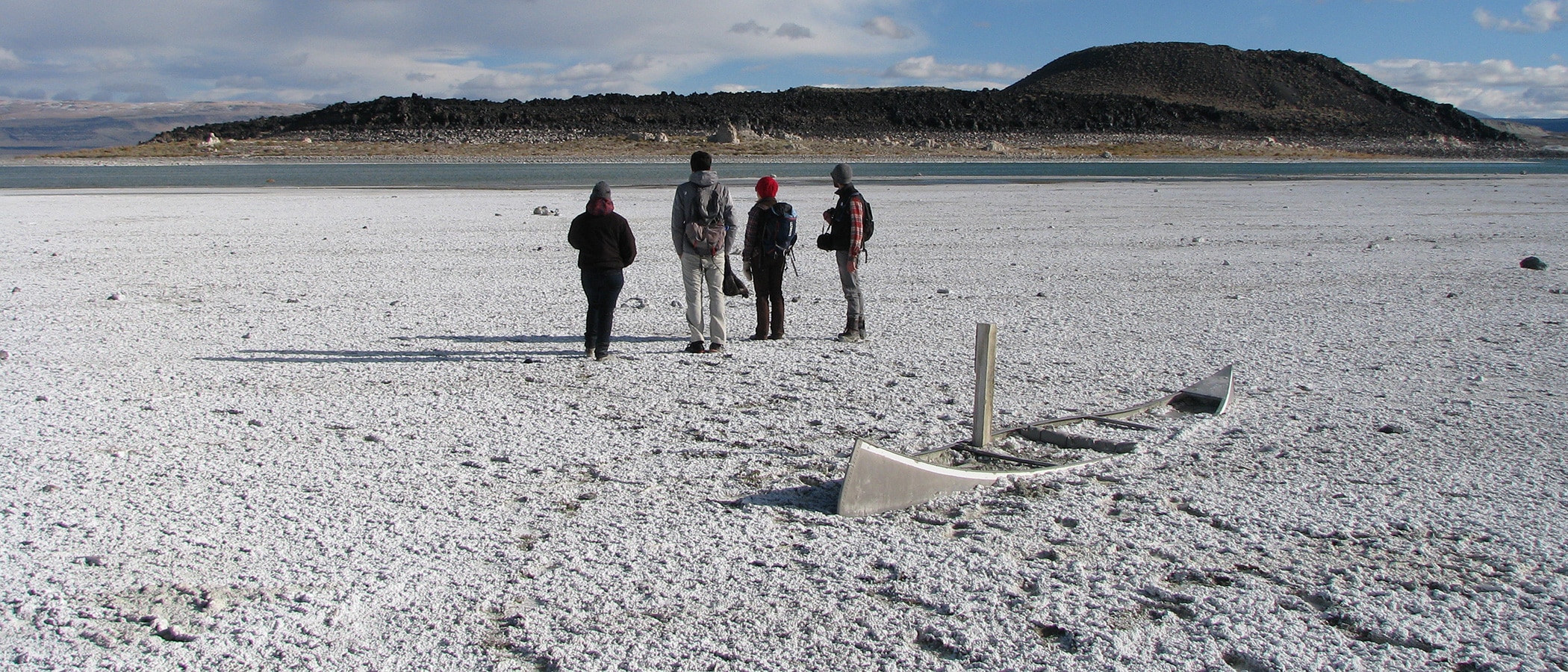
A strong call for raising Mono Lake at State Water Board workshop
Elin, Communications CoordinatorUpdate: Workshop video recording now available online Click the video timestamp below to watch the…
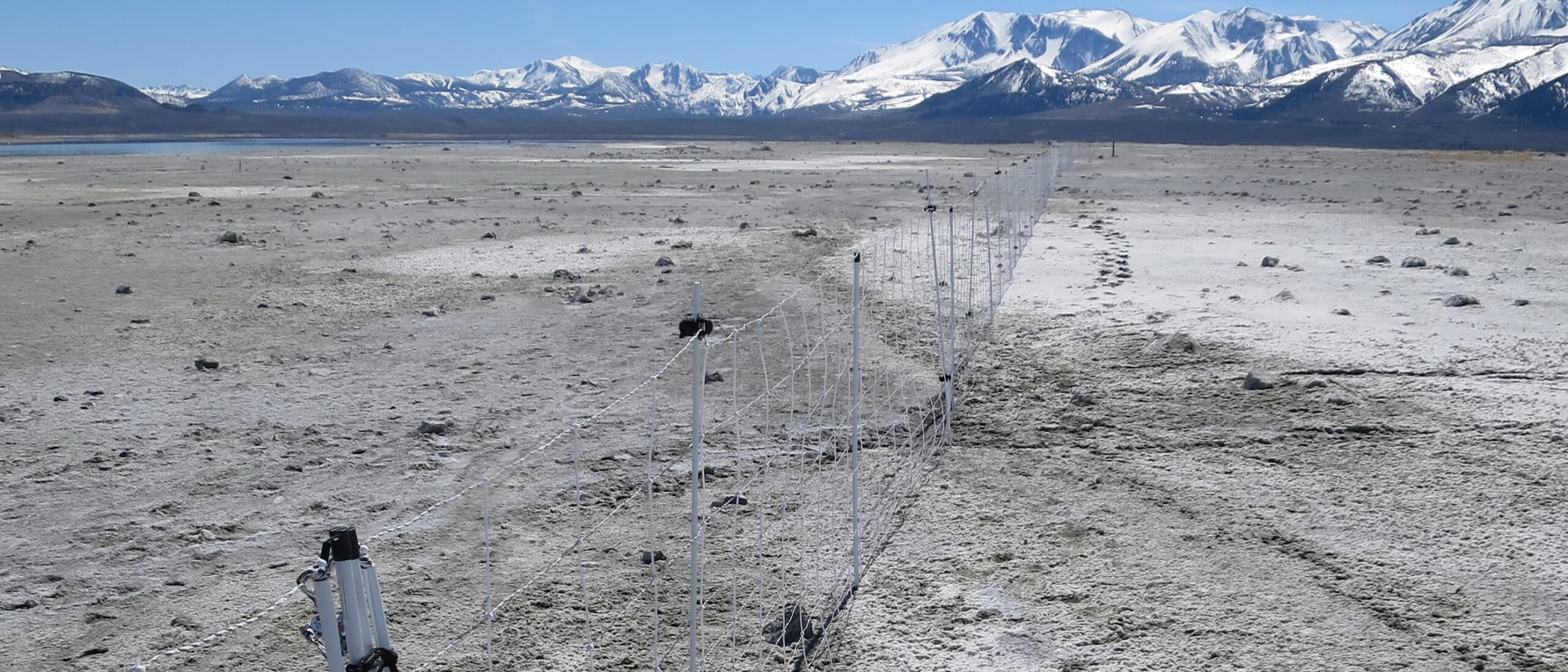
Action Alert: Write a letter to help raise Mono Lake
Arya, Communications DirectorNow is an important time to speak up for Mono Lake! Despite January’s wet weather,…
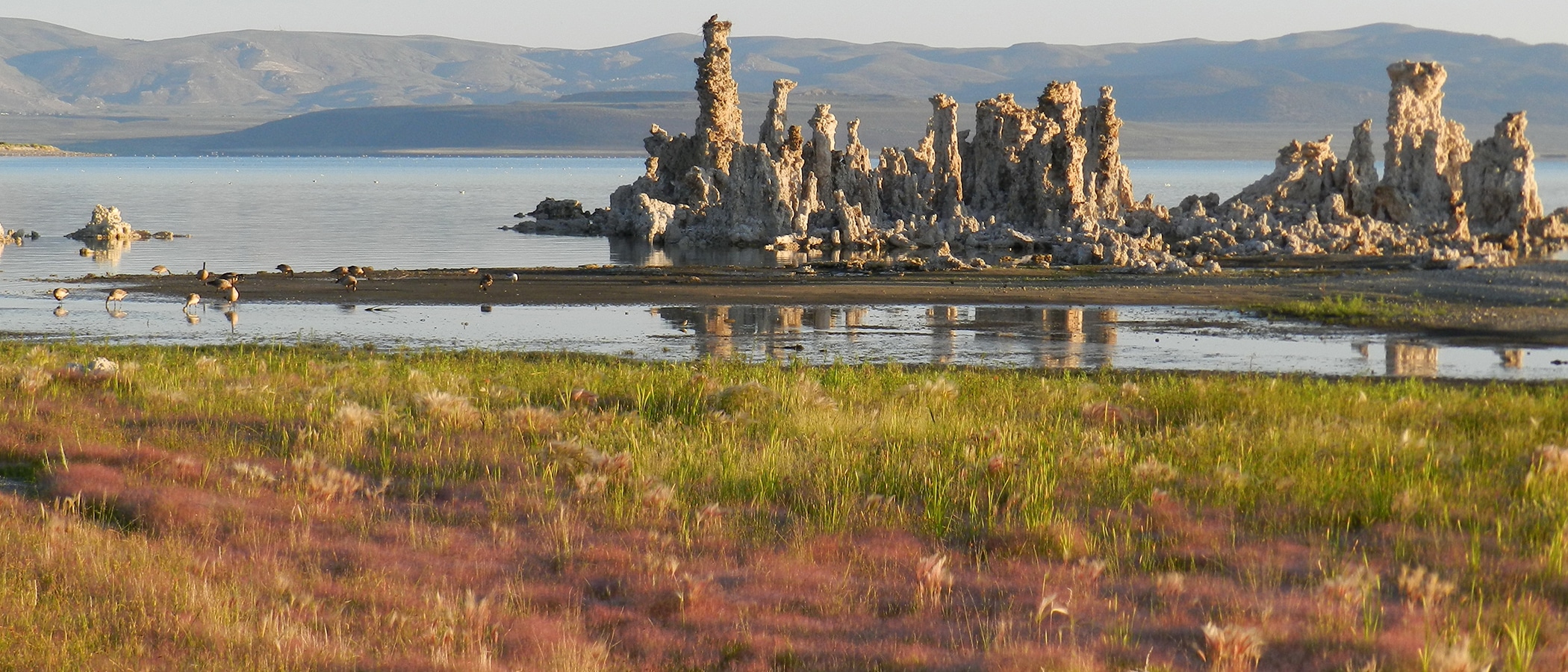
This winter is really snowy—is Mono Lake out of danger?
Elin, Communications CoordinatorApril 2023 update: Record wet winter at Mono Lake will help protect California Gulls in…
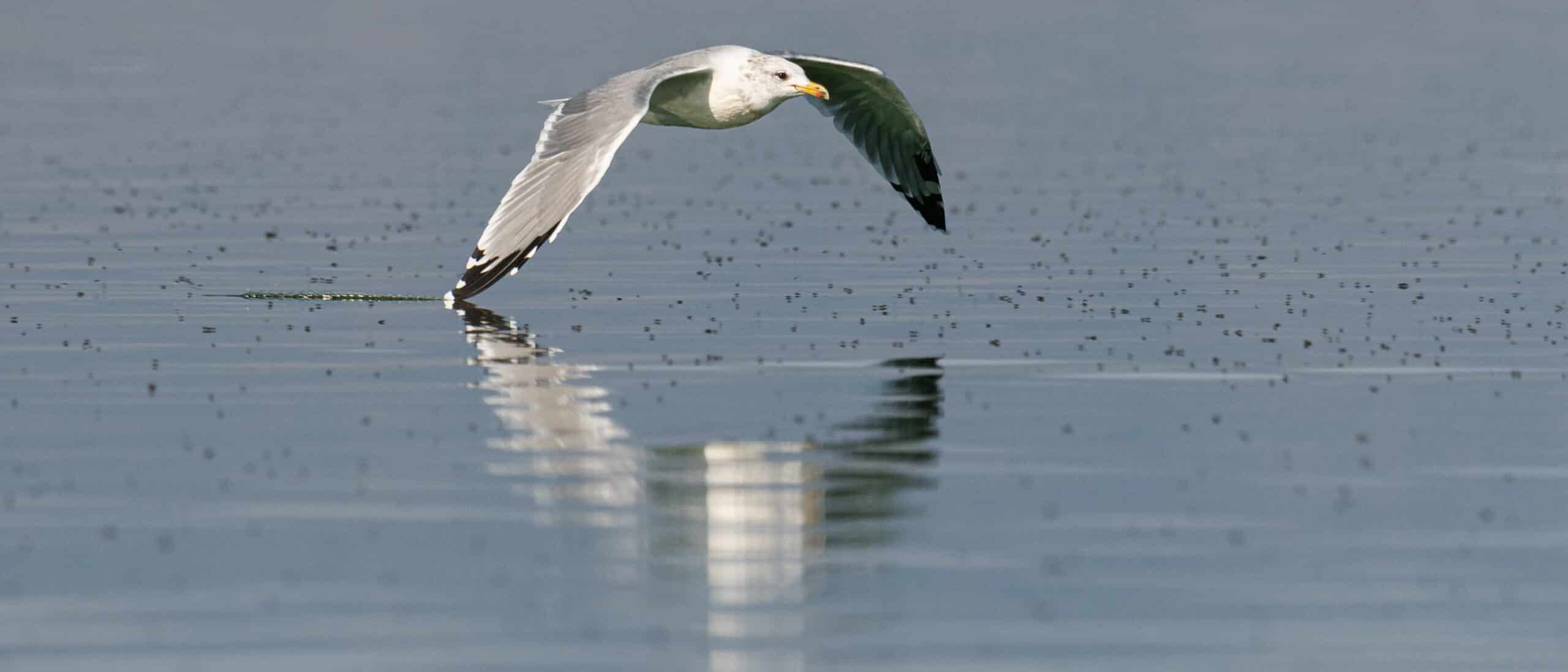
State Water Board acts on emergency request: Mono Lake Workshop scheduled for February 15
Arya, Communications DirectorFollowing the Mono Lake Committee’s December 16, 2022 letter requesting emergency action to suspend the export…
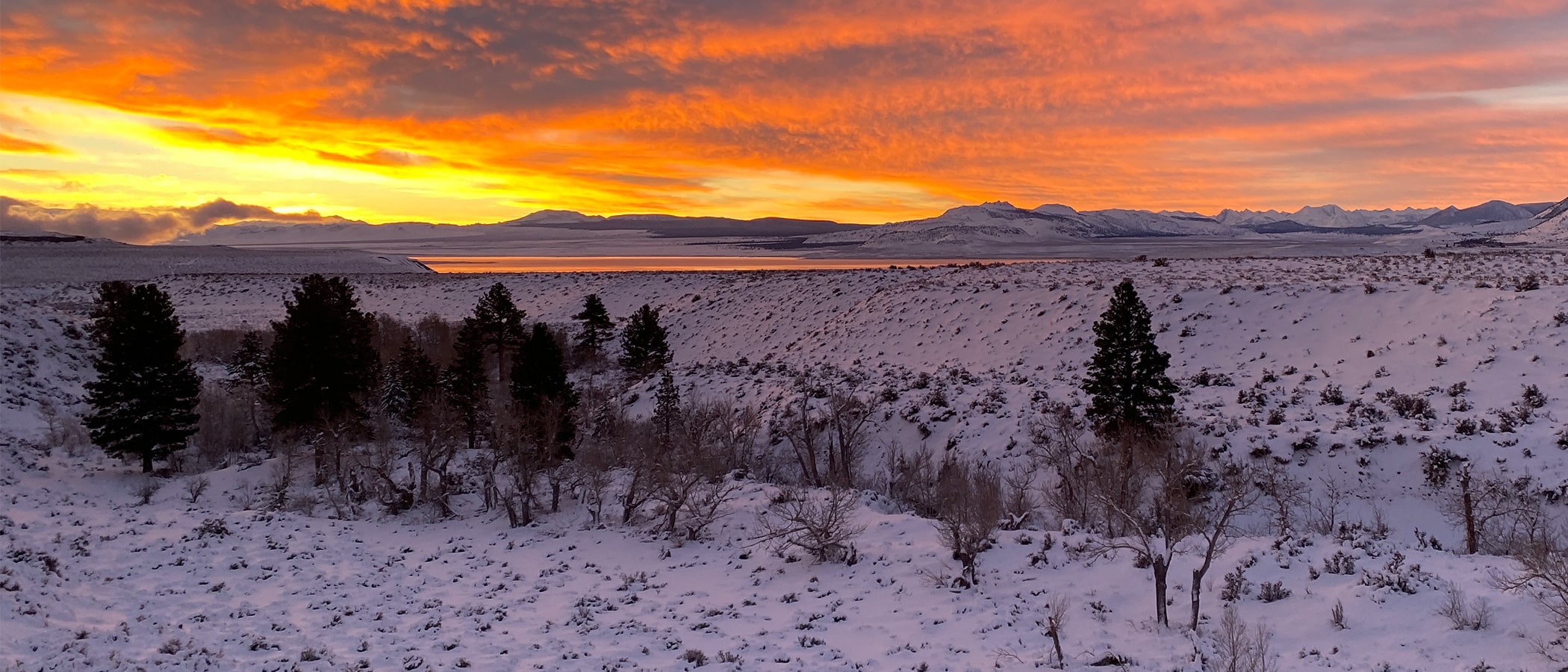
San Francisco Chronicle covers Mono Lake Committee’s request for State Water Board action
Arya, Communications DirectorIt’s weather whiplash for California as people grapple with the staggering effects of atmospheric rivers…
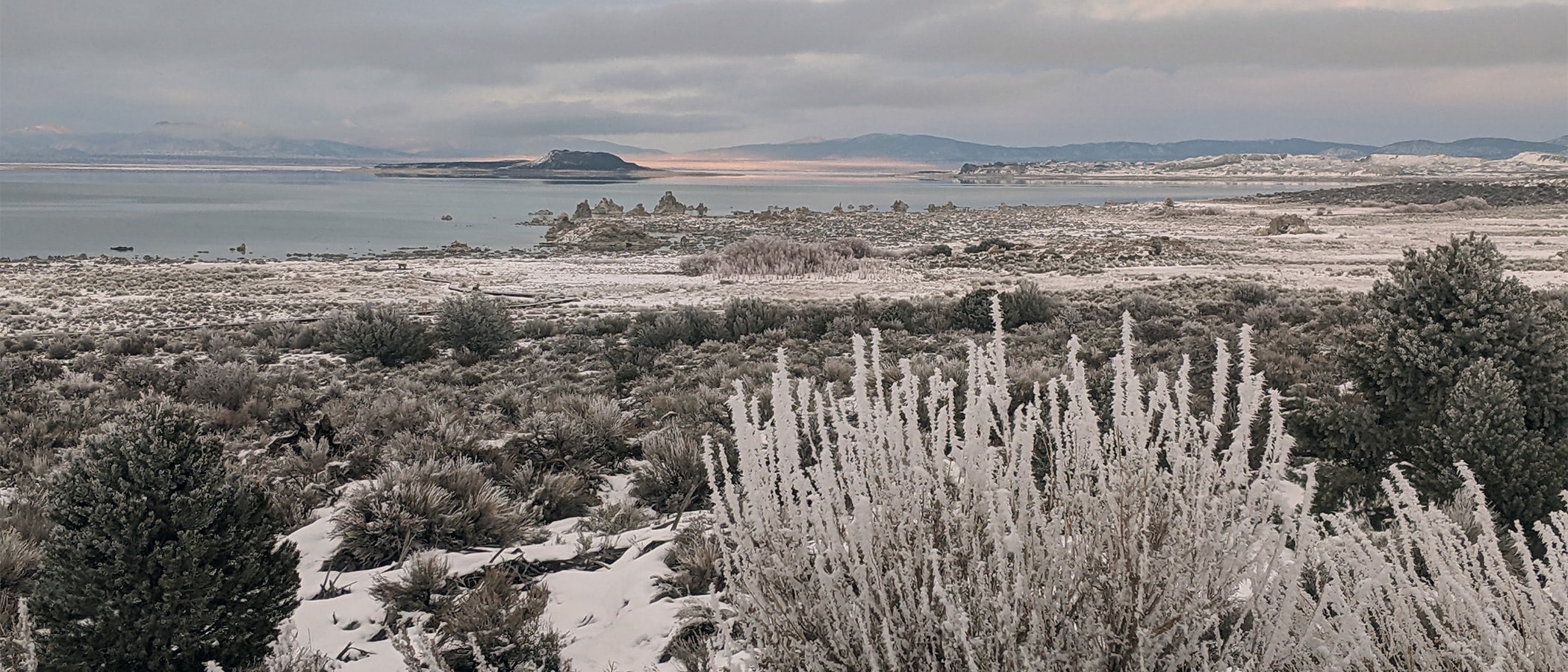
Mono Lake Kootzaduka’a Tribe calls for State Water Board to address low lake emergency
Geoff, Executive DirectorOn December 22, 2022, the Mono Lake Kootzaduka’a Tribe formally submitted a letter to the…
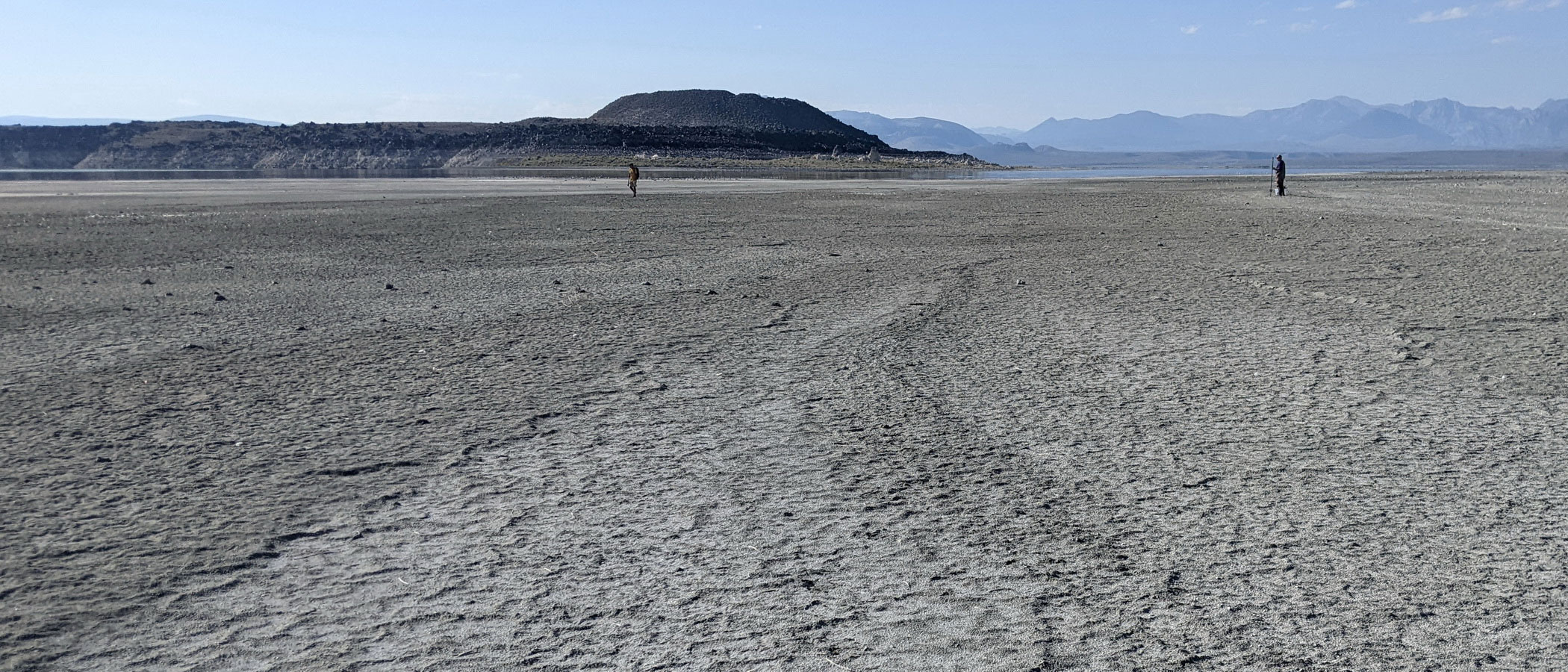
Low lake level prompts Mono Lake Committee to seek State Water Board action
Geoff, Executive DirectorOn December 16, 2022 the Mono Lake Committee submitted a request to the California State…
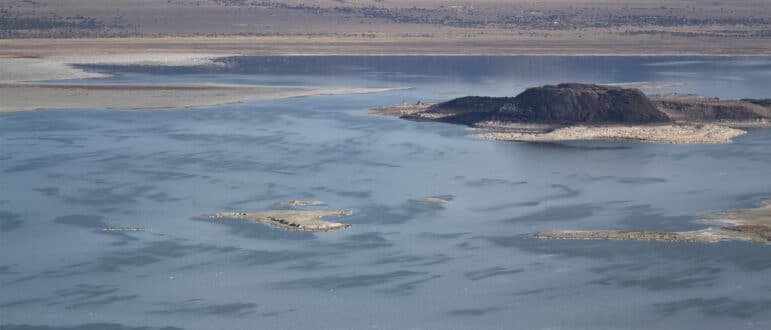
Mono Lake is in a state of emergency
Geoff, Executive DirectorAn emergency situation now exists for nesting birds and water quality at Mono Lake. The…
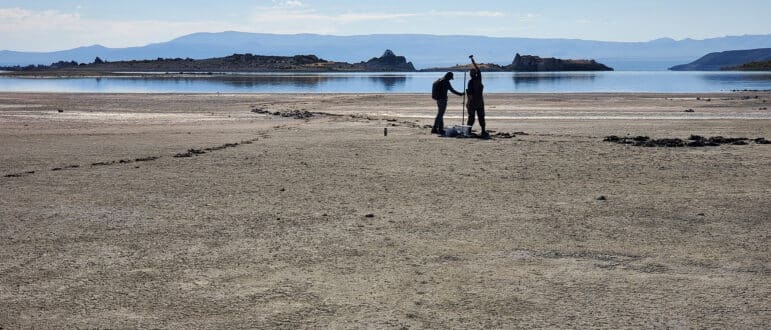
Gull protection fence to go up in 2023
Ryan, Education DirectorLow lake means California Gulls will need protection from coyotes next spring As California weathers…
Top photo by Maureen McGlinchy.
